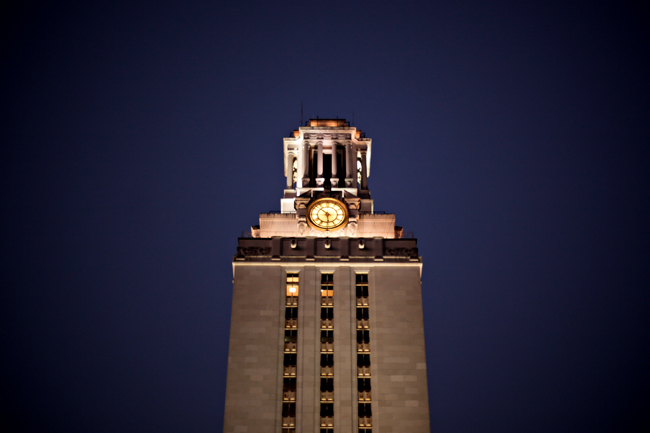When it comes to relationship violence, international students and their partners deal with barriers most other students on campus do not even consider.
According to Erin Burrows, prevention and outreach specialist at Voices Against Violence, students stay in abusive relationships for a number of reasons, and face a special set of concerns as a result of their international status. Burrows said victims often hope their partners can change their behaviors or do not wish to get their partners in trouble with the law.
“There’s two things simultaneously going on — one is the hope that you can get that behavior to stop,” Burrows said. “There’s a lot of love and affection [in the relationships], and sometimes we forget about that part. The second is the flip side, which is the fear of consequences.”
Many factors may contribute to international students’ reluctance to report abuse they experience, including language barriers and a fear of being sent back to their home countries, according to Samira Ghosh, community resource advocate at Asian Family Support Services of Austin, is a nonprofit organization that primarily helps clients from South Asian countries.
UT’s Counseling and Mental Health Center often refers international students’ spouses to the nonprofit. International spouses are referred to non-University services when they are in the country on visas that prevent them from enrolling as full-time students — because they are not students, they cannot utilize on-campus resources.
International students usually come to the United States to enroll in a full-time degree program using the F-1 student status, according to information provided by UT’s International Office. Those students’ dependents, including spouses or children, often have F-2 visas. Those who hold F-2 visas are not allowed to be employed in the U.S., study full-time or participate in degree programs.
International graduate students, who are more likely to be married than their undergraduate counterparts, are also more likely than other graduate students to live in on-campus housing. About 75 percent of the residents at University Apartments, which are graduate-student apartment complexes, are international students, according to the Spring University Residence Halls Demographic Report by the Division of Housing and Food Service. According to Ghosh, many abuse victims with F-2 status are afraid to report abuse because they are barred from co-signing leases at the graduate student apartments.
“If your spouse is abusive, he or she can basically just throw you out because you’re like a guest in your own house,” Ghosh said. “You could become homeless, and the spouse could call immigration to cancel your status.”
According to Ghosh, Asian Family Support Services has 250 hotline calls each year. She said the organization receives such a low number of reports — only five to six cases by the Asian population per year — because many immigrants from Asian countries are embarrassed to report domestic abuse and sexual assault.
“Asians do not like to report sexual assault because, culturally, they are supposed to not talk about sex,” Ghosh said.
Ghosh said the conditions of F-2 visas can themselves be a cause of tension in relationships.
“You can imagine the dependence when you are not allowed to work in this country you are basically stuck in,” Ghosh said. “That dependence on somebody to such a great level is a huge problem and it can very soon become an abusive relationship.”
Jane Bost, associate director at the Counseling and Mental Health Center, said the University provides many resources for all students to deal with relationship violence but cannot serve non-students. Bost said the University tries to make external resources as widely known as possible to help those they cannot serve themselves.
“If they’re not enrolled, then they’re not eligible for services here,” Bost said. “That’s why we promote on our website. They can always call in, and one of our response teams can give them references to local organizations.”
Although Asian Family Support Services offers programs in 12 languages with the help of 12 permanent employees, it does not offer emergency housing. The only place in Austin that offers temporary housing for victims of domestic abuse is the nonprofit SafePlace, which also provides a 24-hour hotline and counseling service.
According to Julia Null Smith, senior director of marketing and communications for SafePlace, the 105-bed shelter and all direct services are wait-listed. SafePlace served more than 5,000 people last year and had 11,247 hotline calls. Null Smith said the shelter provides services to anyone, regardless of whether they are U.S. citizens.
“Domestic violence isn’t necessarily something that is labeled and called out,” Null Smith said. “The more removed you are from your own culture, isolation becomes a massive problem for people living in violent relationships.”
Correction: This article has been updated since its original posting. Because of a reporting error, an earlier version of the story misstated the name of the community resource advocate at the Asian Family Support Services of Austin. Her name is Samira Ghosh.





















